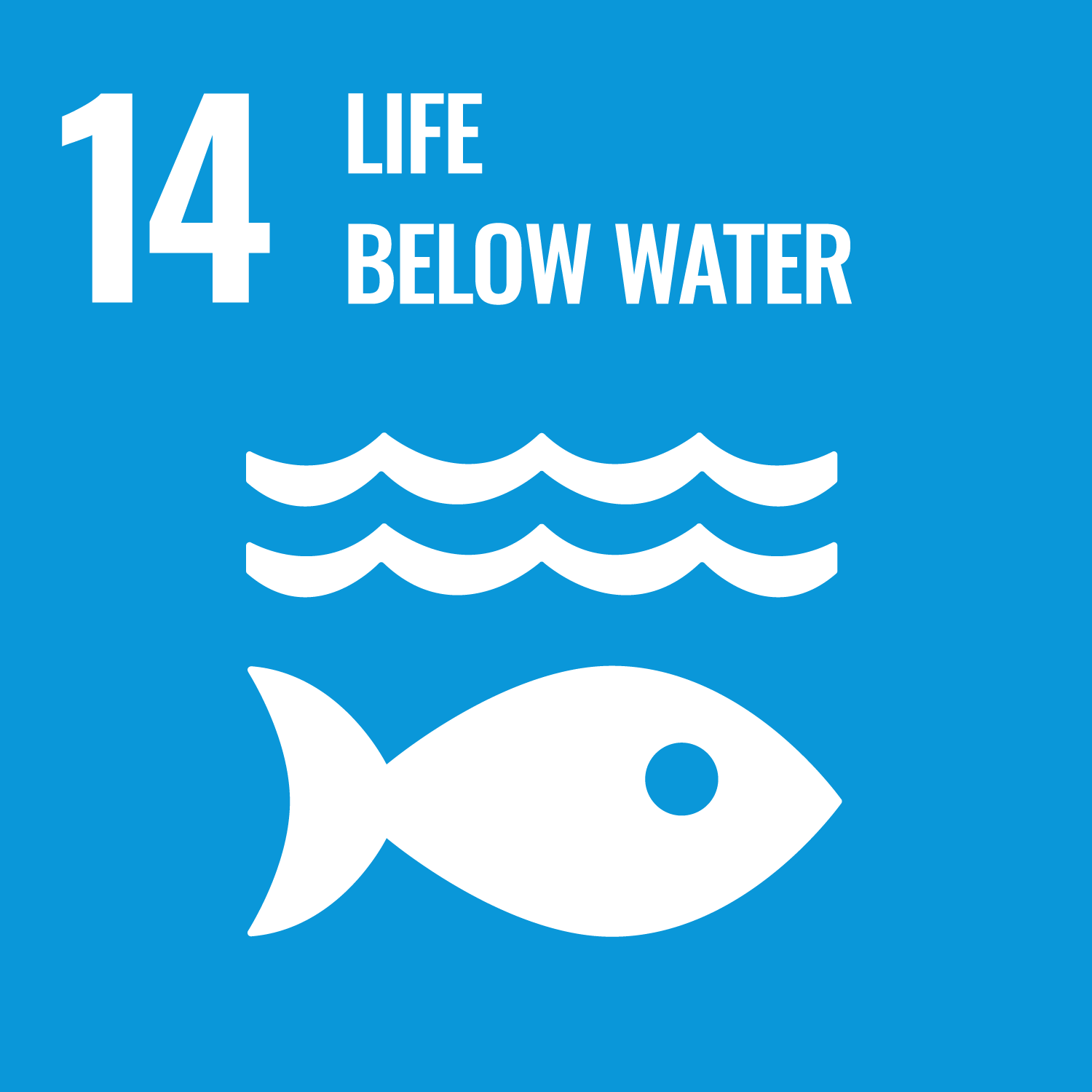Climate Policy and Biodiversity Project
OBJECTIVES
Thailand is progressing on a climate-resilient and low greenhouse gas emission development pathway. The country’s marine and coastal biodiversity is better protected and managed to benefit sustainable tourism and coastal livelihoods, contributing to successful development of a sustainable Green Economy.
DESCRIPTION
Thailand is Southeast Asia’s second largest emitter of carbon dioxide and ninth globally in climate vulnerability. Mitigation successes in 2017 motivated future targets, but ambitions remain unmet in key sectors due to gaps in capabilities and data. The country’s 3,100 kilometres of shorelines with densely populated areas are highly vulnerable to climate change impacts. Combined with resource exploitation, these pose high risks to the biodiversity of marine and coastal ecosystems, as well as the related tourism, an important contributor to Thailand’s gross domestic product (GDP).
The Thai government is keen to address these challenges. Framework conditions have been identified that are key in enabling Thailand’s decarbonisation and climate-resilient development pathway. These include enhancing and mainstreaming climate and biodiversity policy as well as improving capabilities and awareness of data monitoring and evaluation. A further goal is to improve vertical integration and synergy of area-based climate and biodiversity actions. The Climate, Coastal and Marine Biodiversity (CCMB) project supports these processes, while focusing on marine and coastal resource management and ecological tourism in Thailand.
APPROACH/FIELD OF INTERVENTION
The key approaches applied by the CCMB project are:
- Capacity: improve capabilities, expertise, in-depth knowledge and awareness of the main partners and relevant actors to develop policies, plans and guidelines to drive forward and monitor the progress of climate and biodiversity actions in Thailand,
- Collaboration: support inter-agency collaboration to coherently implement climate and biodiversity actions, enhance synergies across key sectors, and encourage collaboration among national and international experts,
- Mainstreaming: assist in the mainstreaming of climate and biodiversity objectives into sectoral policies and policy instruments, particularly marine and coastal resource management and sustainable tourism,
- Bridging: promote dialogues among international and national partners as well as support to create platforms that bridge the interests of relevant stakeholders to ensure sustained collaborative actions and scaling-up.


